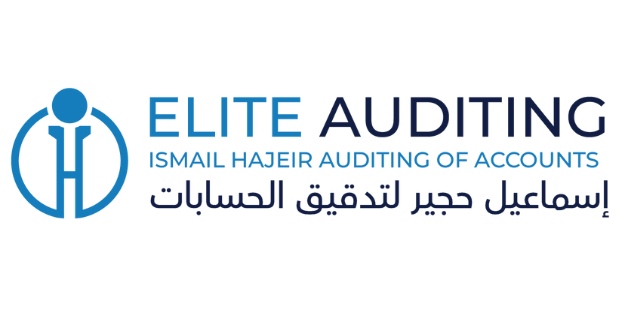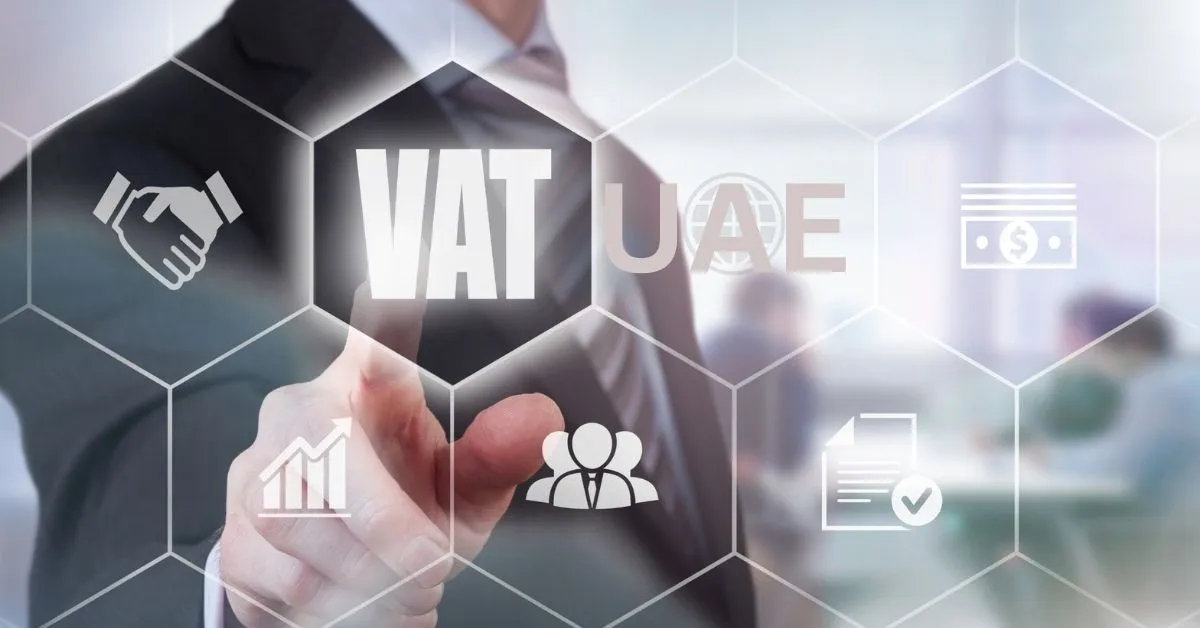How Does UAE’s VAT Impact Business Finances?
Understanding VAT (Value Added Tax) is important for businesses in the UAE. VAT affects how companies manage their money, set prices, and run their operations. In this article, we’ll explain what VAT is, how it impacts businesses, and how to handle it easily.
At Elite Auditing, based in Dubai, we help businesses with VAT registration, compliance, and financial planning. Let’s dive into everything you need to know about VAT in the UAE.
What Is VAT?
VAT is a tax applied to goods and services at each step of their production or sale. It was introduced in the UAE on January 1, 2018, at a 5% rate. This tax applies to most items, but some goods and services are exempt or taxed at a zero rate.
Why Was VAT Introduced in the UAE?
The UAE introduced VAT to reduce its reliance on oil income. The tax provides a steady source of money for public services like healthcare, education, and infrastructure.
Do You Need to Register for VAT?
Not every business needs to register for VAT. Here’s a simple guide:
- If your business makes over AED 375,000 per year, you must register for VAT.
- If your revenue is between AED 187,500 and AED 375,000, you can choose to register voluntarily.
What Businesses Need to Do:
- Register for VAT: Sign up on the Federal Tax Authority (FTA) website.
- Issue Invoices: Your invoices must clearly show the VAT amount.
- File VAT Returns: Send your tax reports regularly, usually every three months.
- Keep Records: Save all invoices, receipts, and calculations related to VAT.
How Does VAT Affect Business Finances?
VAT changes how businesses manage their money. Here are the main ways VAT impacts finances:
1. More Paperwork
Businesses must track all transactions and submit detailed VAT returns. This means more time and effort spent on administration.
2. Cash Flow Challenges
Businesses collect VAT from customers and pay it to suppliers. The difference is sent to the government. This process requires careful cash management to avoid running out of money.
3. Higher Prices
VAT increases the price of goods and services by 5%. Companies may pass this cost to customers, which could affect sales.
4. Extra Pressure on Small Businesses
Small and medium-sized enterprises (SMEs) often struggle with the extra costs and effort needed for VAT compliance.
Steps to Stay VAT-Compliant
1. Learn the Rules
Understand which of your goods and services are taxed, zero-rated, or exempt.
2. Register Your Business
Visit the FTA website to register. Make sure to provide all required documents, such as trade licenses and financial records.
3. Update Your Systems
Use accounting software that calculates VAT automatically. This will save you time and reduce errors.
4. Train Your Staff
Your employees should know how to handle VAT, from issuing invoices to keeping records.
5. File Your Returns on Time
Submit your VAT returns every quarter. Late submissions can result in fines.
Tips to Manage VAT
Here’s how to handle VAT without stress:
- Set Aside Funds: Save money regularly to cover your VAT payments.
- Use Smart Tools: Invest in software that calculates and tracks VAT for you.
- Ask for Expert Help: Work with professionals like Elite Auditing to ensure everything is done right.
Why VAT Is Good for the UAE
VAT has benefits for the UAE economy, even though it adds costs for businesses:
- Supports Public Services: The money collected through VAT is used for healthcare, schools, and roads.
- Encourages Transparency: Businesses must keep clear records, which promotes good financial practices.
- Funds Growth: VAT revenue helps the government invest in projects that benefit everyone.
Conclusion
VAT has changed how businesses in the UAE operate. It requires more planning, better systems, and attention to detail. However, with the right strategies, businesses can manage VAT smoothly.
At Elite Auditing, we make VAT compliance simple for businesses in Dubai. Whether you need help with registration, filing, or advice, our experts are here to guide you.
For more help managing VAT, contact us today!
FAQs
Author






